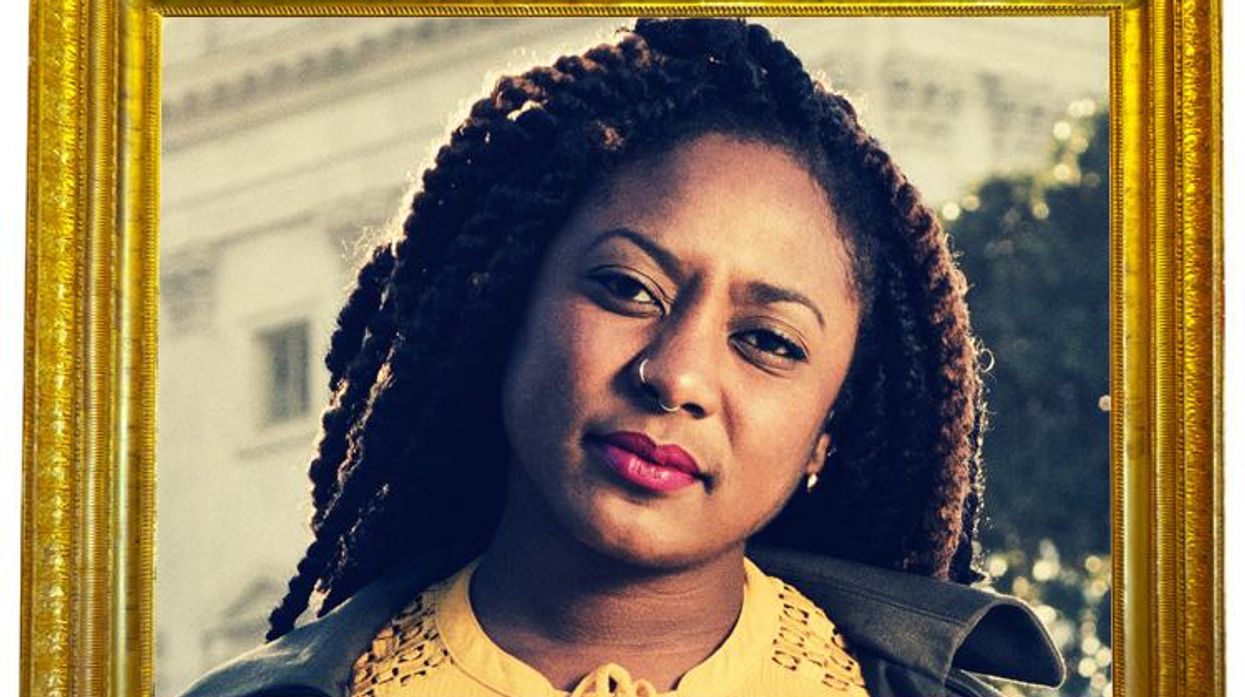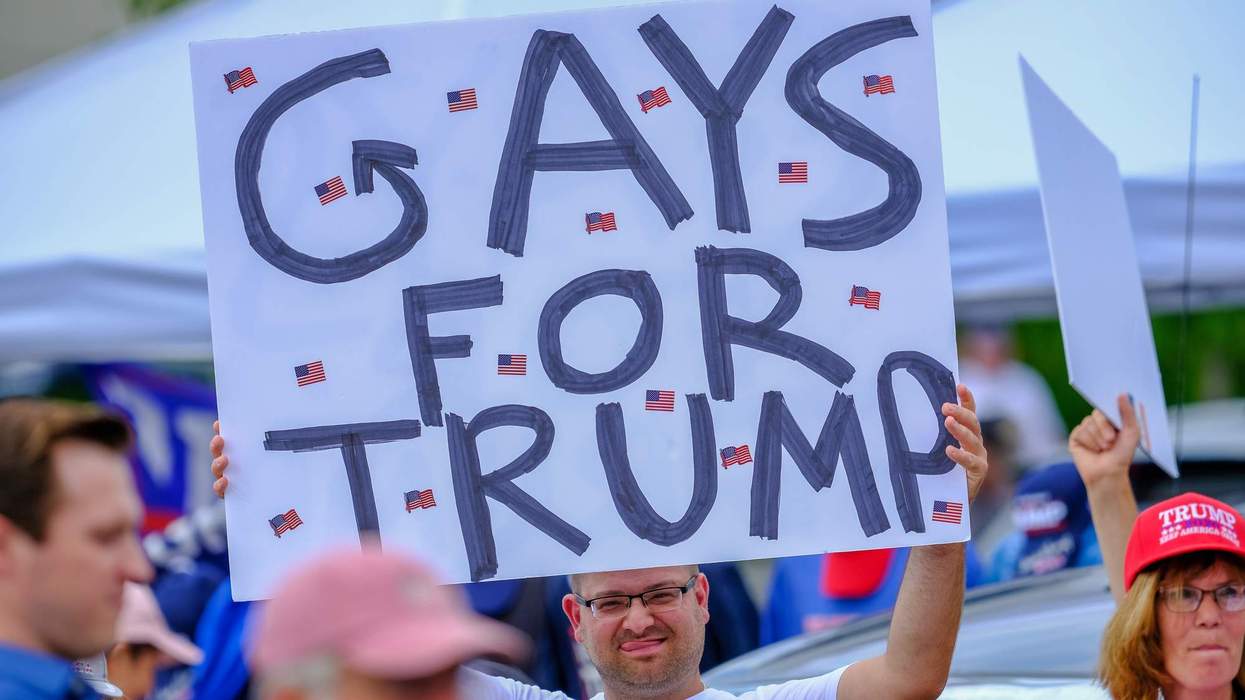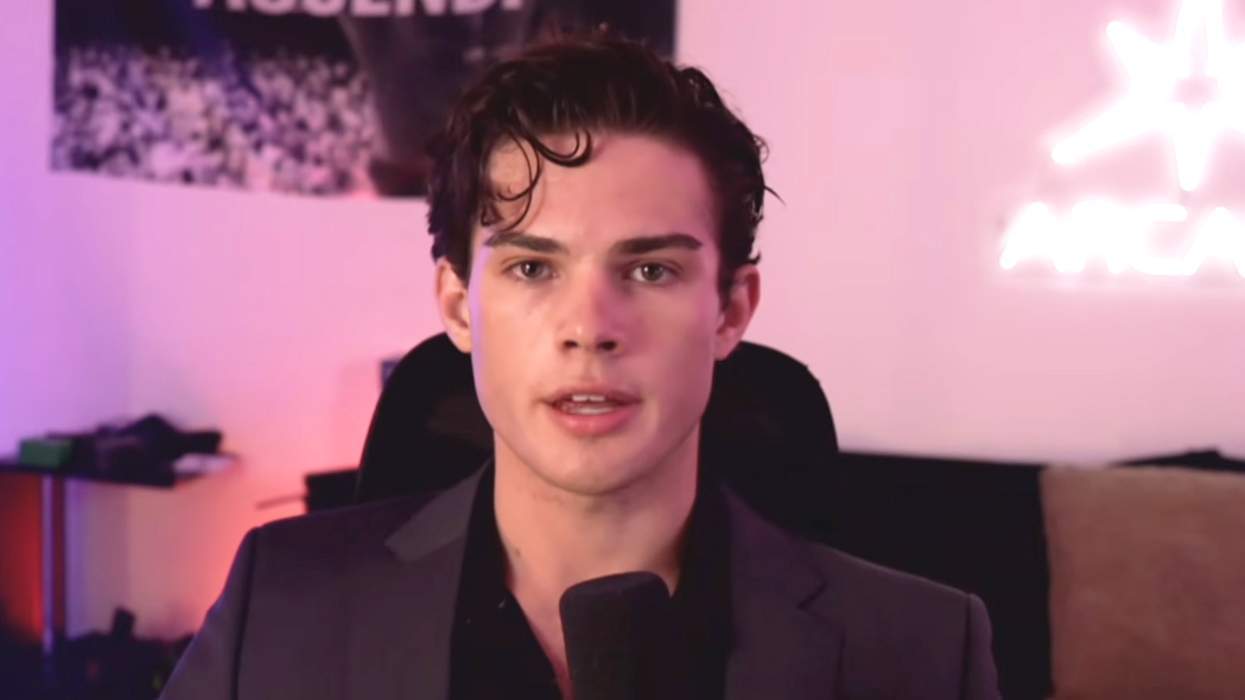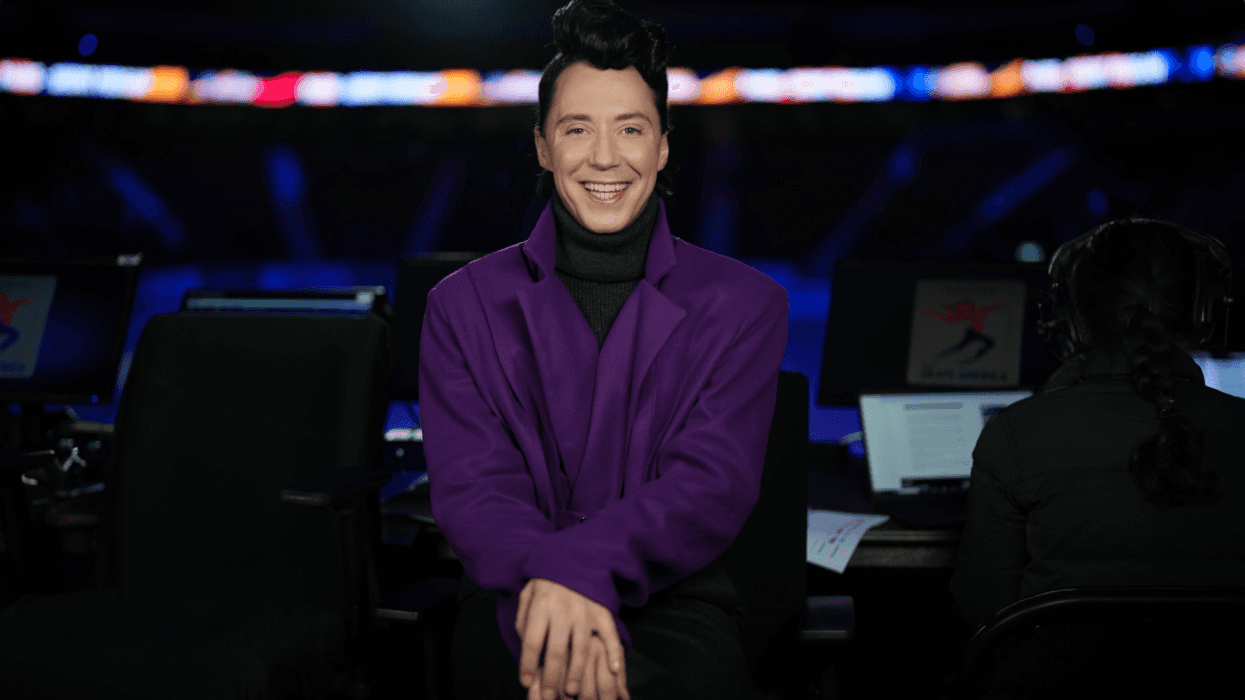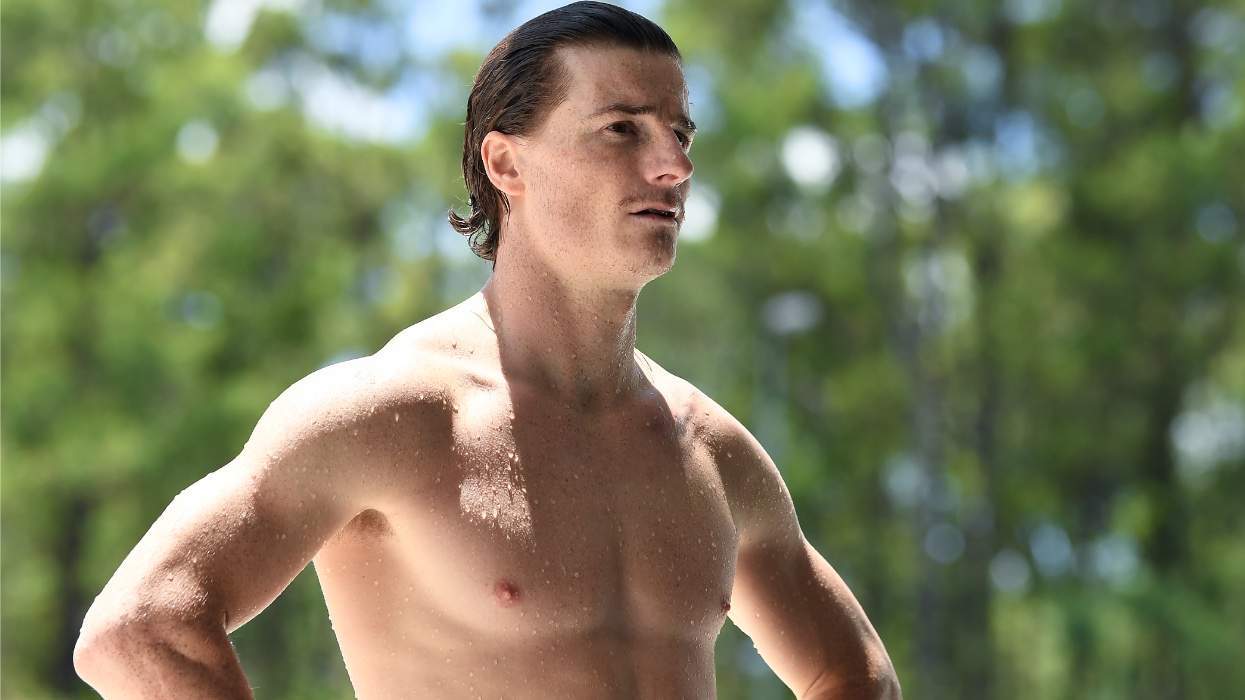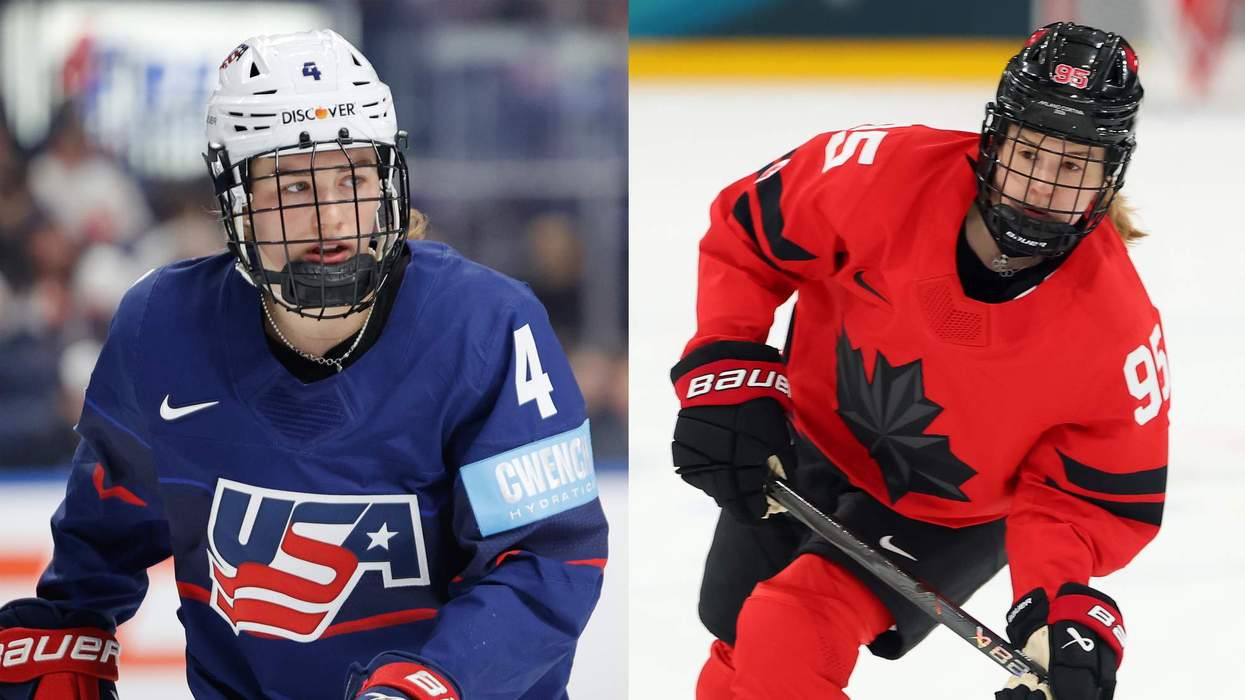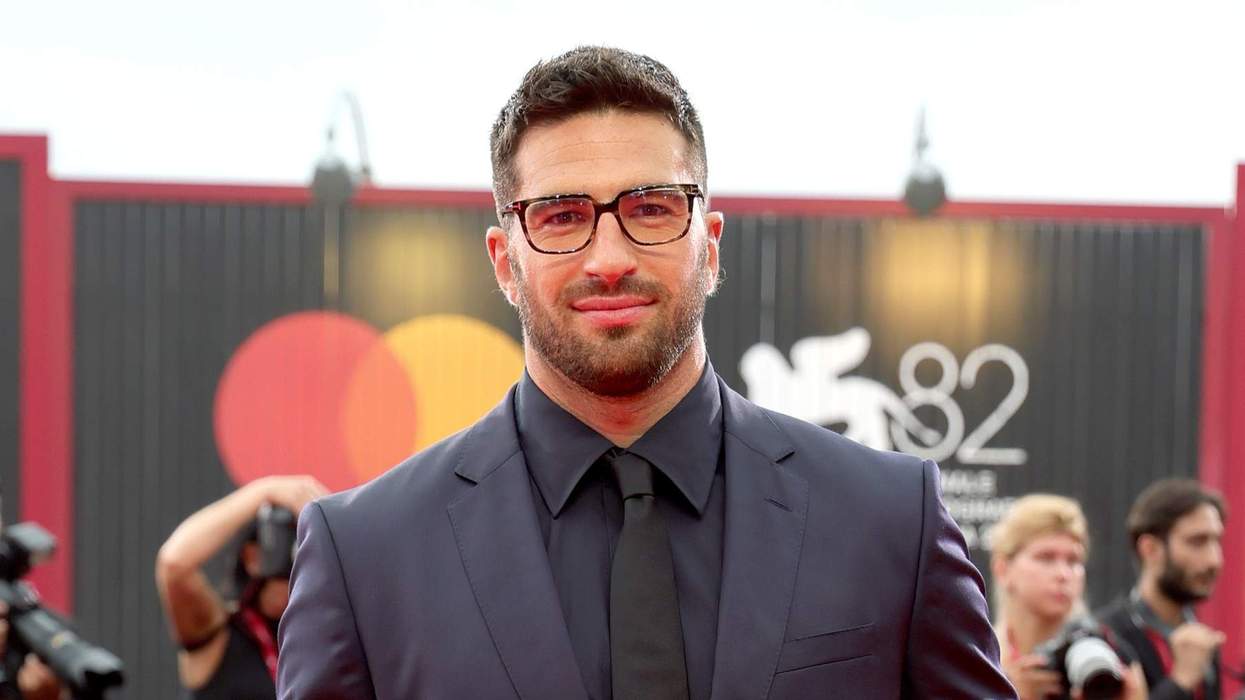Activist and writer Alicia Garza co-founded Black Lives Matter in response to George Zimmermann's acquittal in the death of Trayvon Martin. Nearly three years later, with Zimmermann attempting to auction off the gun with which he shot and killed the 17-year-old, and a spate of black lives ended by those meant to protect them--from Eric Garner to Sandra Bland--the movement's message resounds louder and is more important than ever.
Related | The New Black Vanguard: Queer People of Color Leading the Revolution
But as Garza points out, this movement is nothing new, but a continuation of a long struggle dating back to a time when black bodies were so insignificant they were strung up from poplar trees. What is new, however, is the overt inclusion of queer people in the struggle and in its leadership. Where Bayard Rustin was relegated behind the scenes during the Civil Rights Movement (and for a good while afterwards) as a result of his homosexuality, some of Black Lives Matter's most prominent members --Garza, co-founder Patrisse Cullors, and DeRay Mckesson--are queer people of color.
While some might try to dismiss Black Lives Matters as divisive, it is inclusive by its very nature. Black lives may be at its center, but as stated in its mission, the movement affirms the lives of black people from many and all walks of life: "queer and trans folks, disabled folks, black-undocumented folks, folks with records, women and all black lives along the gender spectrum." It seeks to broaden the definition of what black is in America by bringing those that have often been marginalized by America and by the black community itself to the forefront.
Here, Alicia Garza discusses intersectionality, "All Lives Matter," and the importance of queer black leadership.
How has the way we talk about race changed in this country?
AG: This nation is still in deep denial about how race impacts the lives of people of color and immigrants. Black Lives Matter has made visible the ways in which the lives of black people across the diaspora are impacted by systemic racism and state violence, through direct action organizing, base building, and widespread educational efforts. But we can't be satisfied with changing the way we talk about race--we have to keep pushing towards changing the way we act around race, and we need to make sure that no one's outcome in life will be determined by race and racism.
What do you attribute to the unprecedented wave of visibility for queer people of color?
AG: This movement has insisted on making sure that queer black people are playing a central leadership role in the social and political change that we are trying to achieve. We have been able to break through into the mainstream media, which is both a blessing and a curse. More of us are telling our stories about what it means to be marginalized based on who we are, and we are also sharing innovative ways to address that kind of exclusion and marginalization.
What conflicts have you faced as a double minority? Have you experienced an internal struggle in regards to your identity?
AG: I identify as a queer black woman, alongside many other identities. Being queer, being black, being a woman all comes with particular experiences that either benefit me at the expense of others, or where others benefit at my expense. For example, I have a college degree and class privilege, even though my access to these things are not common for most black folks, queer folks, trans folks, and cisgender women.
One conflict I face is that, in some cases, I am someone that white people who don't believe racism exists use as an example of how you can make it if you just work hard. I've had people say things to me like, "You're not like other black people," at the same time that I've been discriminated against in my workplace, in my education, in my community.
Related | Out100: Alicia Garza
Have you ever felt unaccepted or rejected by either the black or queer community? Both?
AG: I've felt unaccepted or rejected by many different communities, for different reasons. I've been rejected for being bisexual in queer communities, for being black in queer communities, for being queer in black communities--you name it. At the same time, I've built an incredible community that is also black and queer. One value we share is that there are many different dimensions for all of us that we create space for--which means you can be your full self.
Do you consider yourself a representative of or a spokesperson for the black queer community?
AG: I think we all have a responsibility to share our stories and help build a movement of people who want a better life for all of us. With that being said, I can't speak for all black queer people. I can tell my story and create space for other people who have shared those experiences to feel safe and supported in telling their stories. Sharing our stories is an important way to build power. Part of our story also includes our vision for a world where all of us fit.
Do you feel a responsibility to give back to the black queer community?
AG: I feel a responsibility to share my story and making sure that I'm unapologetically all of myself. I want people to know that I'm black and queer, among other things, because there are so many of us who may not feel safe or supported in being out publicly. My family and friends are so supportive, and my way of giving back is by helping to make more spaces safe for us.
What challenges do you face in presenting your narrative?
AG: One big challenge we face is when we are labeled as the "creators" of a movement. This movement is actually very old--and yet this moment is an upsurge in a long tradition of black freedom struggles. We created a network, a hashtag, and we were joined by many others in creating a context that helps us understand what we're fighting for.
Do you ever feel pressured to dull or tame your message?
AG: Isn't that where "All Lives Matter" comes from--a pressure to dull or tame our message that "Black Lives Matter?"
What is the biggest challenge facing queer people of color and how, or can, we overcome it?
AG: I don't know if I can identify the one challenge that trumps all the other ones. From HIV and AIDS to immigration to poverty to criminalization and incarceration, queer people of color, and specifically queer black people, are over-represented in the problem and under-represented in the solutions to the problem, on many levels. To overcome that, we need to keep organizing and building power so that we can transform these systems that impact our lives.


